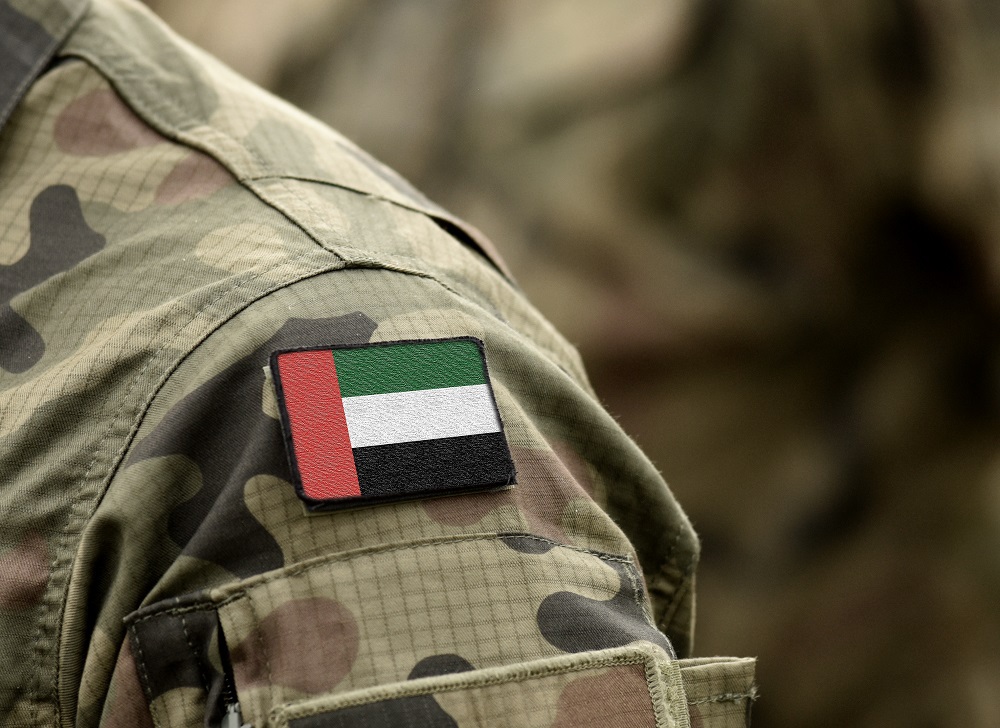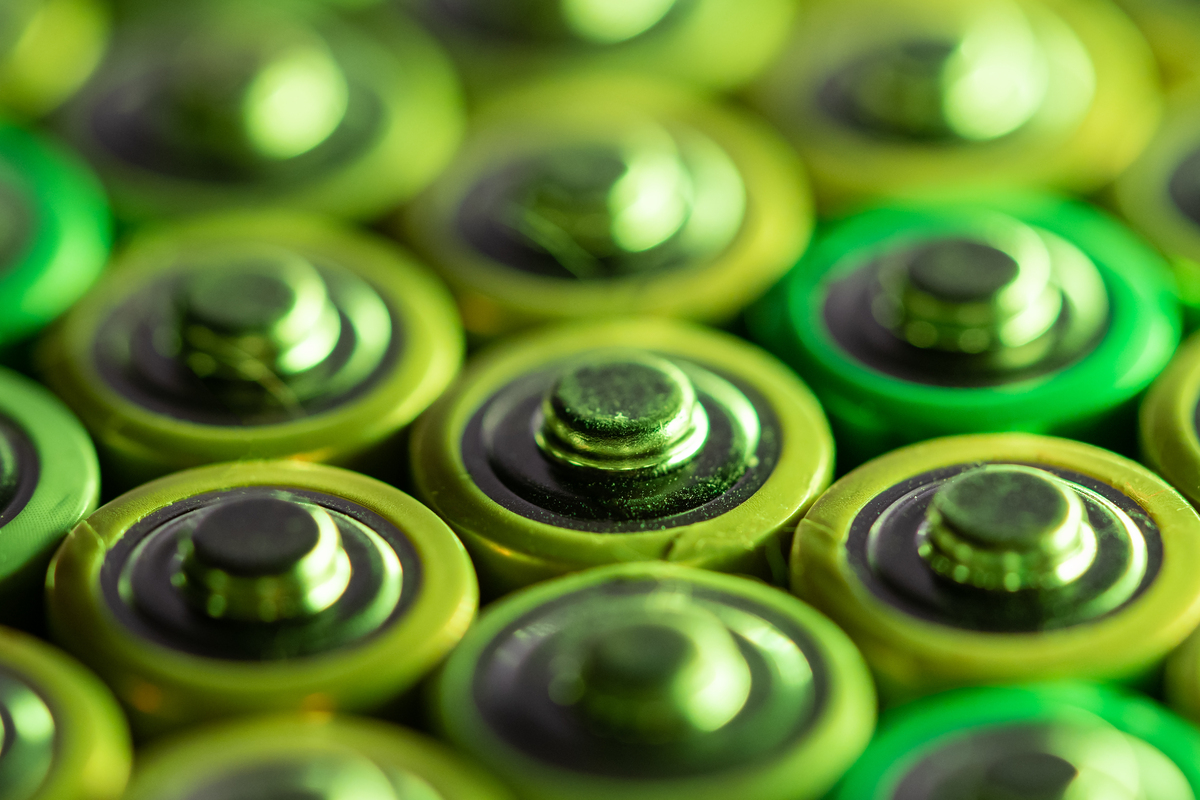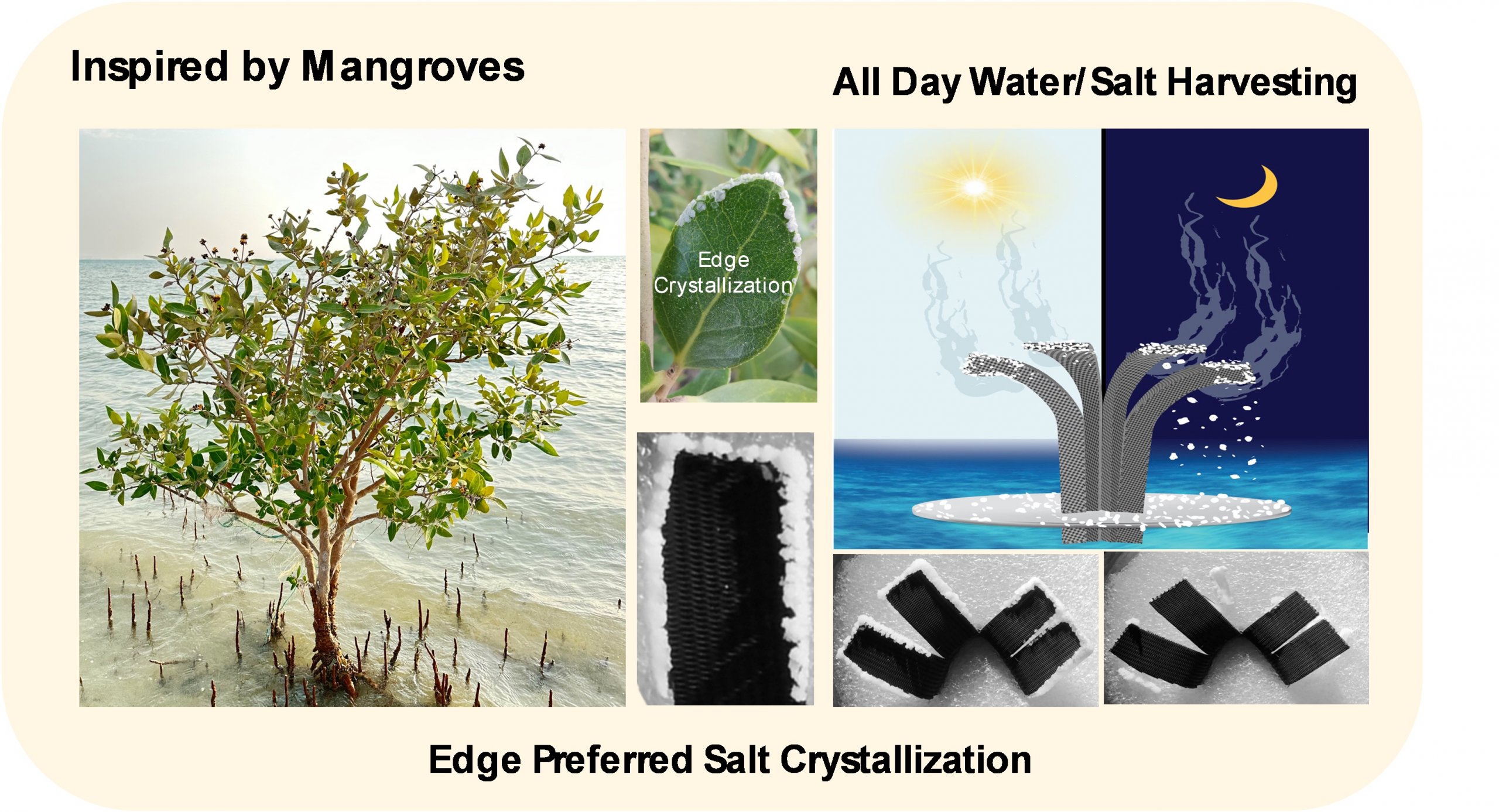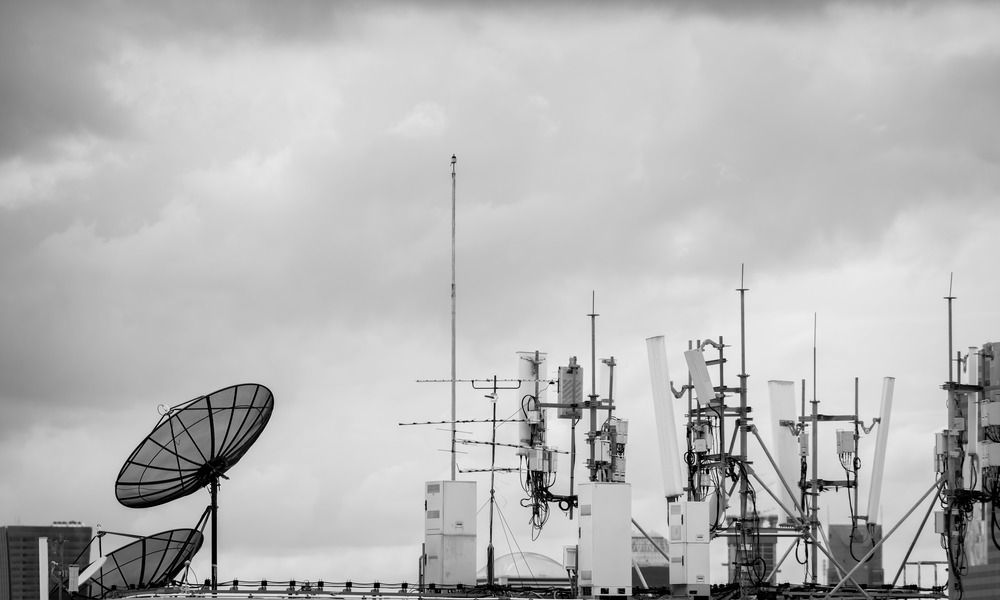
The motivation for Britain’s military assistance efforts in 1971 to the newly federated United Arab Emirates stemmed not from international interest, but domestic political in-fighting.
Military assistance continues to be a mainstay feature of foreign and defence policy activity of many major world powers today, and can take many forms. Assistance could involve training, advising, mentoring or introducing equipment, as well as building permanent training hubs and accompanying foreign forces on operations. The goal is invariably the same: build the recipient nation’s military capability for enhanced stability.
The effectiveness of this assistance has been examined but researchers have rarely investigated the motives for deploying advisors and trainers abroad beyond simply arguing it will have a beneficial outcome for the recipient nation and advance the national interest of the providing nation.
In 2018, Dr Athol Yates, acting head of KU’s Institute of International and Civil Security was invited by the UK’s Defence Science and Technology Laboratory (DSTL) to present a paper on the UK’s military assistance to the UAE from 1971 to 1975. DSTL is an executive agency of the Ministry of Defence, which seeks to maximise the impact of science and technology for defence and security. He presented this work at the 2018 Historical Analysis for Defence and Security Symposium.
This work led to a 2021 peer-reviewed publication in the journal Diplomacy and Statecraft. Dr. Yates, and Dr. Ash Rossiter, Assistant Professor, Institute of International and Civil Security are co-authors of the paper, which identified the international and domestic contexts within which foreign policy is determined. They explain that political considerations at the domestic level can influence a state leader’s decision-making at the international level.
In the 1971-75 UK-UAE case, Britain was not acting out of interest to the newly independent UAE, but rather its own short-term, domestic political interest.
“For centuries, various governments have sent their military personnel abroad to train, advise, and sometimes even lead the armed forces of foreign nations,” explained Dr. Yates. “This tool of statecraft is going through something of a renaissance today. But while traditional explanations naturally focus on the foreign policy and national security interests of the state that is sending their assistance, the case of the short-lived British Military Advisory Team (MAT) to the newly federated UAE after 1971 points to another possible motive.”
In their paper, Drs. Yates and Rossiter detail the intra-party politics in the UK that led to the British Conservative government of the time providing a military assistance package to the UAE for largely short-term, symbolic, domestic political reasons.
“In this case, intra-party politics in the United Kingdom also came into play”, said Dr Yates. “Although it is a single case, it points to the need for greater scholarly consideration being given to the domestic motives for policy decisions when it comes to the provision of military assistance.”
Britain’s withdrawal from the Gulf was announced by the then Labour Government in the UK, headed by Prime Minister Harold Wilson in 1968. This decision was criticised by the then leader of the Conservative opposition, Edward Heath. He and other Conservatives. argued that withdrawal was wrong militarily, politically, and economically. Many in the Conservative Party also viewed it as ‘retreat from Britain’s world role.’
At the next general election in 1970, the Conservative Party was elected and senior advisors concluded that it was not in Britain’s interest to remain in the Middle East. Despite their vocal opposition to a Labour government decision, Heath’s government reversed its election pledge to stay in the Gulf.
Senior diplomatic figures recommended ways for Britain to maintain influence in the future UAE after 1971, including continuing to second military personnel to UAE armed forces, and to establish a permanent non-combat military contingent (the MAT), which could advise, train and assist UAE armed forces. The defence secretary in particular understood that while there was little military utility in the MAT, it would be politically useful. It would be a ‘token of continuing British interest’, while the first British ambassador to the UAE was more frank describing it as ‘a political gimmick.’
“The decision to send the MAT to the UAE was, primarily, a means by which the British government could stave off sharp criticism from fellow Conservative politicians that Britain’s leadership was cutting and running from its overseas responsibilities,” explained Dr. Yates. “The decision staved off internal discontent from members of the Conservative imperialist faction, which would have undermined the Prime Minister’s authority.”
Additionally, the United States was also encouraging Britain to maintain as much of its presence in the Gulf as it could, with the US seeing clear advantage in its ally’s influence in the Gulf.
“In September 1971, the MAT idea was presented to the UAE’s future president, Sheikh Zayed Al Nahyan and the future vice-present Sheikh Rashid Al Maktoum. It became apparent, however, that the MAT had limited appeal to the rulers but they agreed to its presence.” British military personnel subsequently established what would become the 90-man MAT in December 1971.
The initial expectation for the MAT was that it would facilitate a small number of military exercises over the winter each year, but by the end of 1972, it became clear that the MAT was over-sized and its personnel under-employed. However, due to at-home politics, the size of the MAT remained at its original size as the Conservative government needed it to remain symbolically large.
“Clearly, intra-party dynamics continued to drive decisions about the MAT,” said Dr. Yates. “The specific concern was that any reduction in the team’s size might attract criticism from certain members of Parliament, on the grounds that military presence in the Gulf was being eroded. However, by early 1973, the government accepted that MAT costs outweighed its benefits. Cutting its size needed to occur sensitively as the government was concerned by geopolitical and Conservative party member perceptions. The Foreign Office noted that a reduction needed to be achieved in “such a way as to avoid giving the impression that we are losing interest in the Gulf.”
In 1973, the MAT was discretely reduced to 52 personnel. In 1974, another general election in the UK saw the re-election of the Wilson Labour government, while significant financial difficulties in Britain required all departments to make heavy budget reductions. MAT was an easy target: from a financial perspective, ending the MAT would save over £300,000 per year, and from a military perspective, its end would release personnel needed for duty in Northern Ireland.
However, even for a Labour government, closing the MAT remained politically sensitive. To avoid criticism from the Conservative opposition and not to be seen as again abandoning Britain’s overseas responsibilities, the government simply decided to shut down the MAT without any public announcement. This ended Britain’s 25 years of having permanent land forces in the Emirates, something which started in 1951 with the formation of the Trucial Oman Scouts.
“It’s clear that short-term political factors drove the rationale for Britain offering military assistance to the UAE, with national interest and military utility being of little relevance,” said Dr. Yates. “If anything, Britain pursued such assistance for symbolic, intra-party political reasons, rather than any real belief that its assistance would actually build British or UAE military capabilities. This case is important for scholars and policy-makers as it calls for caution in accepting the assumption that advancing national interests always drives foreign military assistance. Sufficient attention must be given to domestic political drivers.”
Jade Sterling
Science Writer
21 June 2021






